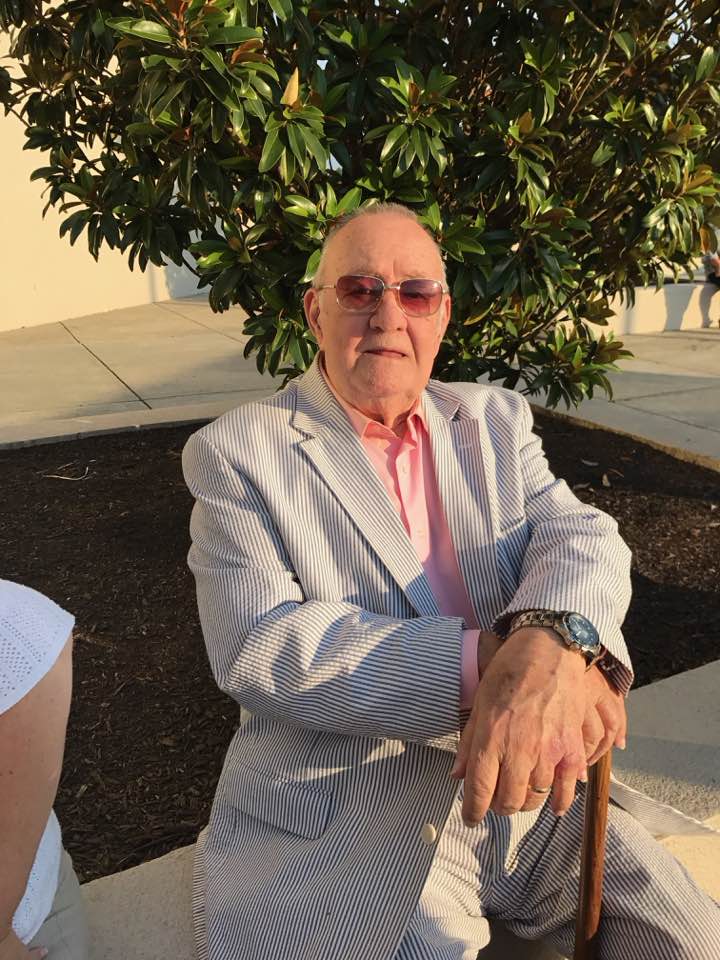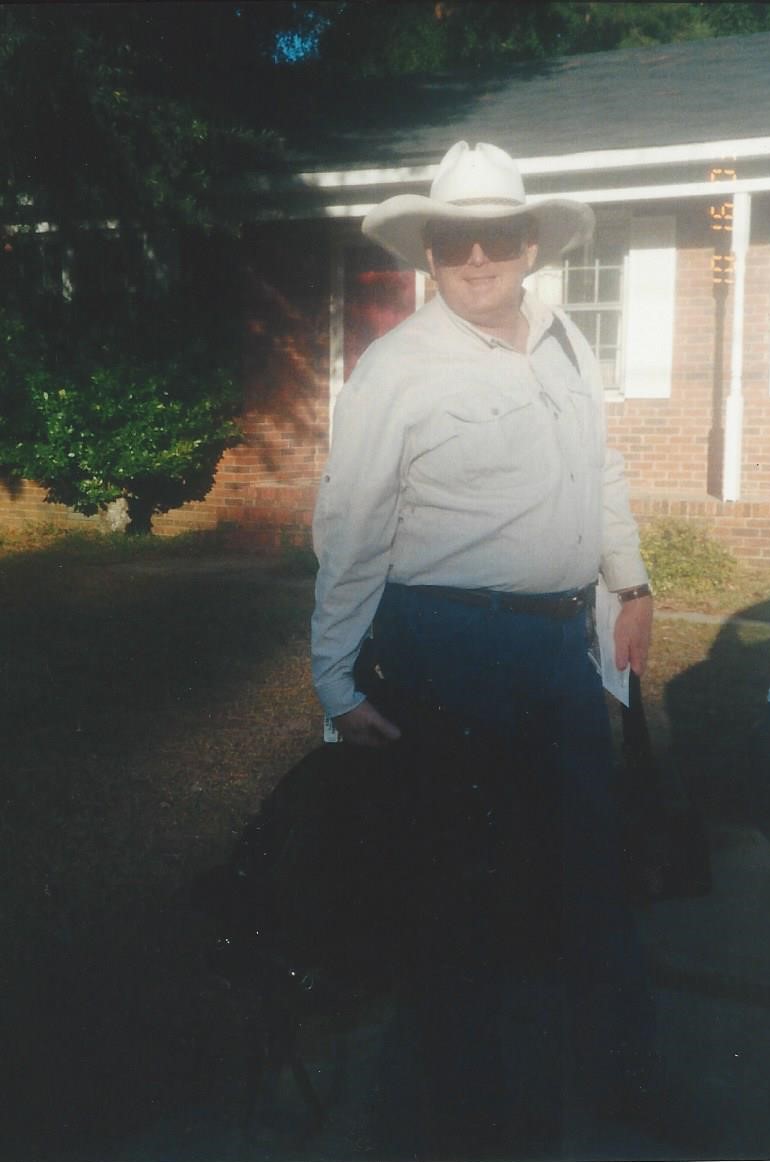ă1998 By Lewis Foster & Jim Hardee
Billie Hardee Home for Boys
Darlington, SC
Six of the adolescents at the Billie Hardee Home for Boys began pulling together as a team to manipulate and power play their way around the home. Their threats, tough words, loud angry voice tones and open defiance of rules toward authority figures prompted the Treatment Coordinator to ask for help from the Equine Assisted Psychotherapy (EAP) Team.
The EAP Team, consisting of a therapist and horse trainer with support from other front line staff, discussed the situation and developed a treatment intervention to bring about a paradigm shift in the gang process. Three Mustangs were chosen as assistants and the six boys were invited to join the EAP Team at the round pen.
Safety concerns were addressed and they were divided into three teams. A Mustang was assigned to each team. Simple instructions were given. “Go catch your horse.” With fear, anxiety and tension surfacing the teams climbed into the round pen and cautiously approached the Mustangs.
Due to the stress, Leon the leader of the “campus gang” was not thinking clearly or managing his emotions well. His Mustang jumped, he let go of the lead rope, the horse entered the space of another of the horses who protested, and the first horse began kicking. Instantly all the boys left their horses and the EAP Team watched the bottoms of twelve Reebok’s clear the six-foot high round pen.
All the boys were coached back into the round pen except for Leon who defiantly refused to participate. The horse trainer (Jim Hardee) mounted a Mustang in the round pen and rode over to Leon attempting to help him deal with the fear. Leon remained defiant and became disrespectful. He was directed to go and ask the therapist, who was standing outside the round pen, for a conference.
Leon slowly moved to the side of the round pen where the therapist (Lewis Foster) was standing and asked to talk with him, motioning towards the building where the therapists’ office was located. The therapist began walking towards the building but did not stop when they came near the door. Leon was asked what he wanted from his experience at the group home as the therapist began walking up the path towards the highway.
Leon was unable to verbalize any needs. The therapist asked what Leon thought he needed to change as a result of being sent to the Boy’s Home by the Department of Social Services for getting into legal trouble. Leon was unable to identify anything that he needed to change. When asked why he needed to be at the home he could give no specific reasons, but said he just needed to be at the home.
As they came to the fence near the entrance to the home, about an eighth of a mile away from the round pen, the therapist asked Leon again what he needed from this treatment experience. As before Leon was unable to think of anything that he needed. The therapist invited Leon to look to his right down the road in the direction of Darlington, SC and then to his left in the direction of Florence, SC.
The therapist scraped the toe of his cowboy boot across the dirt path drawing a line separating the group home and the highway right-of-way. Leon was asked to consider himself discharged. The therapist pointed up and down the road while telling Leon that he is now free to do what he wants. Leon protested.
As they stood between the road and the split-rail fence talking about what Leon needs to change, he was unable to identify anything. The therapist told Leon to remain outside the white picket fence and to consider himself free while the therapist returned to the round pen to talk with the horse trainer, Jim Hardee.
Leon did as instructed and the therapist walked back to the round pen, out of sight of Leon. The group sat in a circle and all were informed of the ordeal with Leon and the therapist shared his opinion that Leon needed to go some place where he could get help, because, Leon doesn’t know of anything he needs from this program.
The group was invited to share how they had attempted to help Leon. Many ways were discussed and all agreed that their efforts made no difference. When asked if they thought Leon needed to be moved to another home, they voiced concerns about Leon going someplace else and shared that they wanted him to remain at the Billie Hardee Home for Boys. The horse trainer and therapist shared concern about how they had been unable to help Leon.
The boys were asked if they were willing to take responsibility for Leon if he remained at the Boy’s Home. Each of the boys, except one, said that they would take responsibility for Leon and work to help him. The one boy didn’t like Leon and wanted no part of trying to help him. So he remained with the group but was not included in the intervention.
With the boys listening, the therapist and the horse trainer discussed the possibility of the boys taking responsibility for Leon over the next week, and agreed that the experience could be good for all. So, the therapist explained the conditions under which this could take place.
The boys were stroked for their willingness to work to help a peer. They were informed that over the next week any points (in the point economy system at the Boy’s Home) that Leon lost they would loose too. Also, any points that Leon earned over the next week they would earn as well. If Leon lost 15,000 points then each of the group members who agreed to help Leon for the next week would loose 15,000 points.
Boys began to protest arguing that the conditions were not fair, because all of them were on a higher level than Leon. Their willingness to help a peer for the next seven days was stroked and they were invited to collect Leon from the front entrance of the home.
With some resistance they left to get Leon. As the horse trainer and the therapist waited for the group to return with Leon, the horse trainer looked at the therapist and said, “Foster, we are dangerous.” Both laughed in celebration of how well the intervention had unfolded, recognizing that there must be angels perched on our shoulders providing divine intervention.
The paradigm shift was successfully implemented and now we had a “Campus Gang” that was productive rather than destructive.
The group returned with Leon and the therapist explained the conditions to him. When all verbally said that they understood the conditions the group ended with plans of meeting again in seven days.
The therapist went immediately and shared with the staff the outcome of the group so that all could be singing out of the same songbook.
Twenty-four hours later Leon entered another boy’s room without permission and lost 250 points. The group lost 250 points and Leon immediately requested a conference with the therapist. He asked the therapist to change the conditions because the boys were angry with him and he didn’t want them upset with him. The therapist was understanding, but let Leon know that earning or loosing points is up to him. They agreed to talk about this in the group in six days. Leon left the session with a confused look on his face. The next day Leon lost another 250 points.
When the group met for the second time the boys reported that they had seen changes in Leon and all had earned extra points over the week that they can use to purchase privileges. Everyone was happy and Leon was smiling. All agreed to continue helping Leon until Jim Hardee and Lewis Foster returned on March 3, 1998 from training in Utah (The OK Corral Series - Greg Kersten) where they would complete Certification as an Equine Assisted Psychotherapy Team.
The group was invited to the round pen and the same exercise from the week before was performed with excitement and success. Leon and his teammate held their horse.


Jim Hardee (Retired) Lewis N. Foster (Still Working)